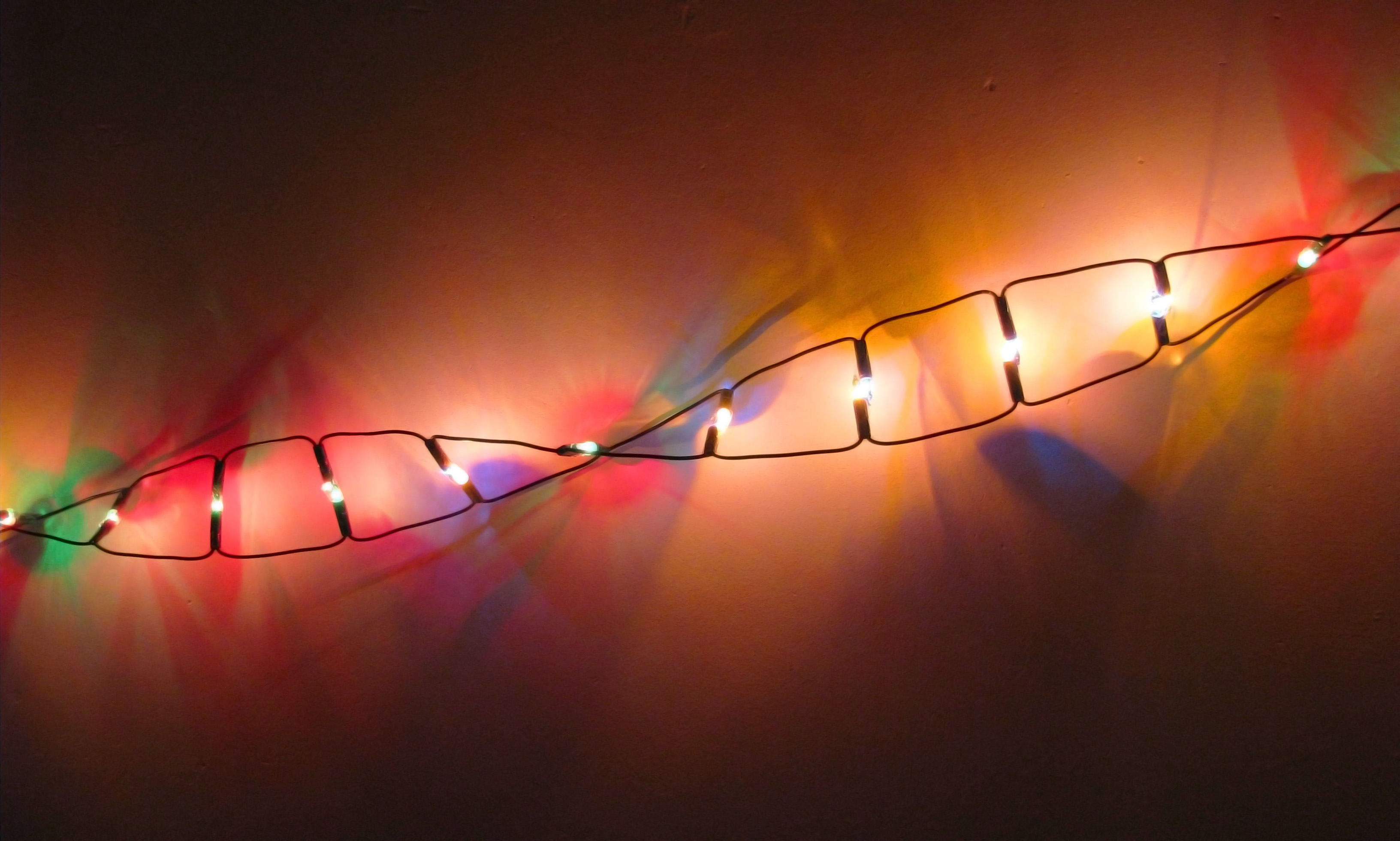Are you a morning person, or do you like to burn the midnight oil?
Whether you are a night owl who prefers working late nights or an “early to bed, early to rise” type, you are influenced not by your habits, but also by your genes.
In a novel study by genetics company 23andMe, scientists located 15 regions of the human genome linked to the traits of “morning people”. Of the 15 regions, seven areas were related to genes regulating the circadian rhythm.
Image Source: Jose Luis Pelaez Inc
Disturbances to the circadian rhythm contribute to jet lag, sleep disorders, depression and even obesity, according to co-author David Hinds. Until now, circadian rhythm studies have been performed mostly in animals, save a few minor studies in humans.
This study was limited to 90,000 participants, whose DNA was collected in saliva samples by Hinds and his team. The customers also specified whether they were morning or night people.
By comparing customer responses with information from participants’ DNA, the scientists were able to analyze if any single base-pair mutations—called single nucleotide polymorphisms, or SNPs—were displayed more repeatedly in people who identified as “morning persons”.
The researchers found that having one of 15 genetic variants improved chances of being a “morning person” by 5-25%. Women were also more probable to be “morning people” (48.4 %, compared to 39.7% men), and people over 60 years preferred mornings over those under 30 (63.%, compared to 24.2 % under age 30).
However, the distinction between being a certain type isn’t so simple, according to Roenneberg, a professor at Ludwig-Maxmilian University and studies circadian rhythm. “It is a continuous trait, as is body height or shoe size,” Roenneberg stated. “There aren’t two shoe sizes and there are not just two body heights. It’s a continuum. There are very, very short people, very, very tall people, and the rest are in between.”
Geneticists are hopeful for this study of the genetic impact on circadian rhythms. “Despite all the other contributors to variation [in chronobiology], the genetic effect still shines through,” says Jun Li, a geneticist at University of Michigan.
Feature Image Source: Fairy DNA by Stuart Caie










